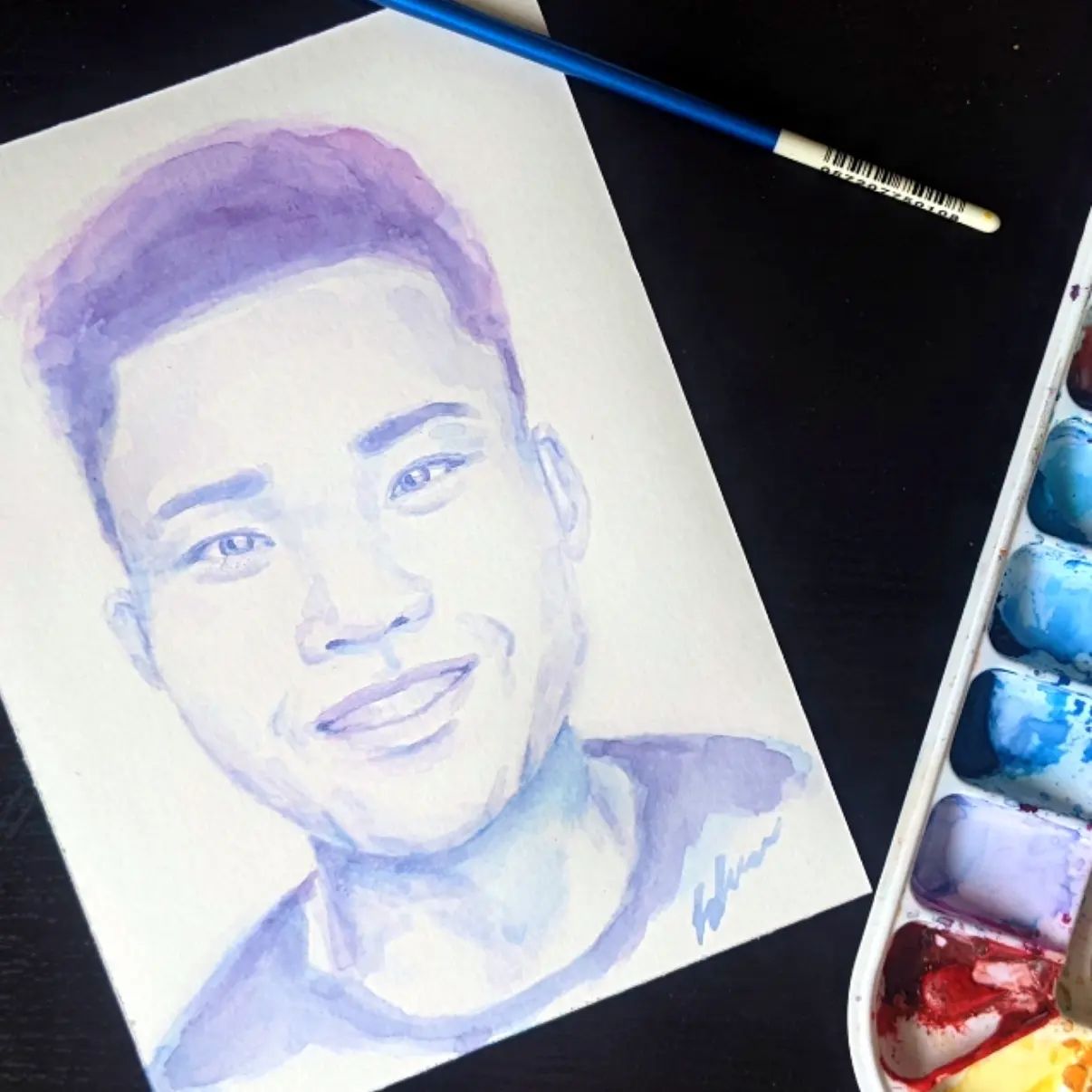Natural Supports Simulation
- 3 mins
I’ve been helping the Social Impact Lab for the past four months to update and increase the accessibility of the Natural Supports Simulation. We’ve added a new storyline focusing on an Indigenous youth and their sense of belonging. Now, it is fully complete and available here if you want to try it out: https://www.naturalsupportssimulation.com/
Each storyline addresses a specific issue, so there’s likely one that aligns with the type of struggle you or someone you know is facing. A lot of effort has gone into making each character and scenario realistic. It’s designed like a Choose Your Own Adventure interactive story, where each choice you make determines the ending.
To create the most interactive and detailed scenarios, hundreds of lines and audio clips had to be transformed and uploaded. The choices you make will impact how the youth handles the situation, with some answers being better than others.
The simulation is designed for everyone. You don’t need to be a social worker, psychologist, or professional to go through it. You can choose to play as a caregiving figure, a coach, or a friend/relative to see how you might approach the situation in different ways. If you sometimes struggle to find the right words when trying to support an anxious, sad, lost, isolated, or discriminated friend or child, this tool could be very helpful.
At the end of each storyline, more resources are provided so the journey doesn’t end there. You can also replay the storylines or play again as a different supporting figure. Throughout this project, I’ve learned a few things over the past few months.

Sometimes the Solution is to Ask More Questions
- It can feel helpless when you don’t know the solution to an issue. For those of us who come from a place of privilege, we can often find tangible solutions to our problems. However, systemic issues don’t have easy solutions. In these situations, we need to keep asking questions and offer validation. Finding the patience to do this is hard, and the uncertainty can be unbearable.
Validation is More Important Than Solutions
- Building on the previous point, sometimes it's crucial to amplify the other person’s voice. You might feel angry, sad, and a range of emotions when you hear someone’s story or problem. However, it’s essential to focus on how the person feels about their challenge, rather than your own feelings. The person is being vulnerable with you, so make it about them, not yourself.

You Can’t Always Help with Everything
- This is perhaps the most important advice. You don’t have to be a social worker to want to help others. We all want to find solutions to the challenges our friends face, but it’s hard to accept that some problems are beyond our control. As social workers, we are more attuned to people’s suffering and pain. We recognize the root of the problem and want to alleviate it quickly. However, it’s even harder when our friends and partners face similar issues. In those moments, we might forget everything we’ve learned and jump to problem-solving, which is a recipe for burnout and disaster.
- When supporting someone, the last thing you want is to burn out. I need to remind myself to reframe my mindset. I'm not supposed to be a savior or rescuer. I am there to provide support and validation. That alone can be a solution to someone’s issue, empowering them to stand up for themselves or come to a conclusion.
Moving forward, I want to ensure I remember these lessons. My friends and loved ones deserve the best, and I always strive to improve myself to be a better support for others. Mistakes have been made, but I promise to do better.

